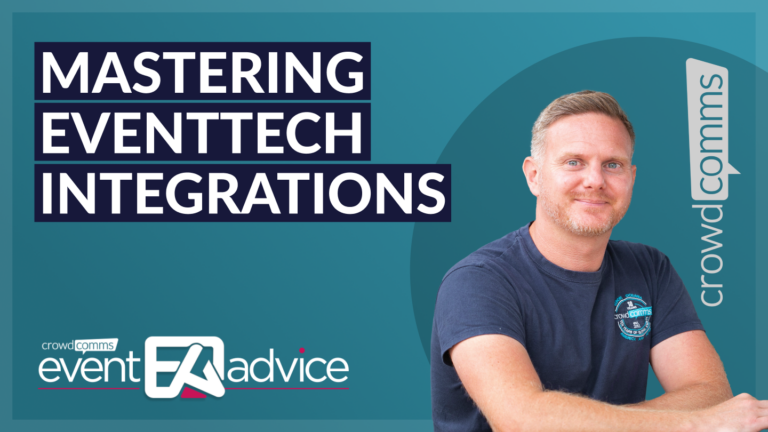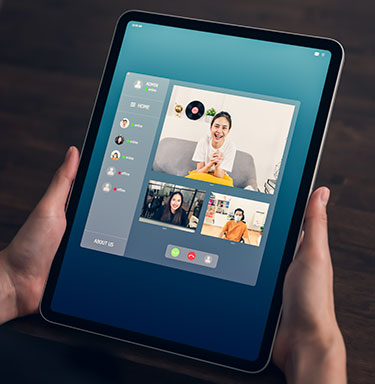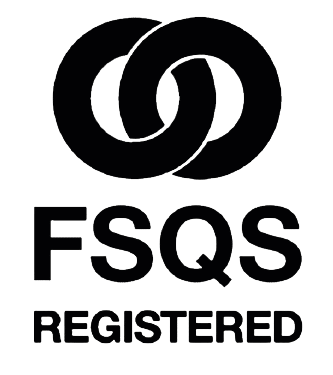Choosing your event venue is the starting point for most event planners. The event venue will shape the attendance, feel and function of the event. Venue choice is naturally one of the most critical event elements to get right.
Here are seven key things to consider when thinking about the right venue for your event
1. Can You Afford It?
It’s an obvious starting point, but your dream event venue may be your budget’s worst nightmare. Even if it looks affordable, keep in mind the need to account for extras, such as keynote speakers, event tech, food, entertainment etc.
There are a few ways to negotiate a great deal on the venue you want. For example, can your event happen outside the weekend? Can you make the venue fit your budget if you only hire part of the building? Don’t be afraid to ask venue owners for ideas about how you can make their space fit your budget.
2. Where Is it?
The event location has to be (reasonably) convenient for your attendees. If the event is taking place over a few days, or has international or interstate attendees, think about being close to hotels and airports. A central location supported by public transport and parking will be ideal for a single day event attended by local guests.
3. Good Wi-Fi Connection?
Most events will require Internet access. Event apps, event websites and live display social media feeds will all rely on decent Wi-Fi (not to mention your information hungry attendees).
Unless you’re holding your event in a remote location, you’d be forgiven for assuming that great Wi-Fi is a given. Not so. There are all manner of variables that can impact connectivity. Make sure you check that Internet availability; connection speed, access procedure and cost all meet your event needs.
4. What Services and Amenities Does the Venue Provide?
Your event agenda looks amazing: great catering, amazing entertainment and a knockout space, but can the event venue deliver on the agenda’s promise.
Does it have a kitchen and catering staff/vendor that can accommodate and deliver your menu? Can the venue provide the necessary tables, chairs, cubicles etc. or do you need to source externally? Will you have to complete the post event cleanup or does the venue supply an in-house team?
Check what AV equipment (if any) you will have access to and if there is an on-site team (you may need to include AV expertise in your event team).
5. How Many People Can It Hold?
You should have a reasonable idea of how many people to expect at your event. Don’t be tempted to exceed the capacity limits set by the event venue. Not only will you compromise the quality of your attendees’ event experience, more seriously you may breach fire and safety codes and put your attendees at risk.
In the event run-up, ticket sales and RSVPs will give you a guide as to whether you’ll reach capacity. If ticket sales are sluggish, or you’re likely to have fewer people than anticipated, talk to the venue in advance about options to reduce space. A few cleverly placed dividers can stop attendees rattling around in a cavernous space.
6. Can You Have The Optimum Layout?
The layout is critical to event flow and activities. Think about areas of high traffic e.g. registration desk and how much space you will need.
At a conference or trade show, key sponsors will expect to hold prime positions on the exhibition floor. Think about their location and how much traffic will pass by their door. Remember, more is not always better. Large numbers of people may get caught up in the crowd flow. Smaller numbers passing a stand slowly may give sponsors a better chance to engage with attendees.
A floor plan will help you plan and take into account the location of important aspects such as AV equipment, stages and bathrooms.
7. Can Your Create The Right Atmosphere?
It may sound vague, but the ability to create the right atmosphere can make or break your event. For example, how much natural light does the space receive? Exhibitions and trade shows can benefit greatly from lots of natural light that keep attendees alert and showcase stands. An event with evening entertainment may benefit from darker, more enclosed spaces that support great lighting and effects.
The same consideration applies to acoustics. Think about how what you need the space to support. Is it one-to-one conversation or to clearly project a keynote address? Can the venue comfortably accommodate both without excessive reverb or too little amplification.
Take note of the general décor and furnishings. Do you have a blank canvas that allows you to create the atmosphere you need or are you constricted by the venue’s pre-existing styles and tone?




